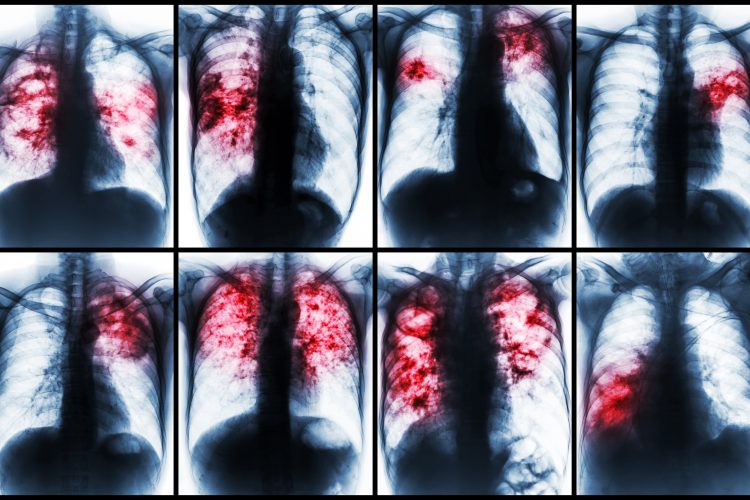Global collaboration formed to develop novel treatment regimens for TB
Posted: 28 February 2020 | Hannah Balfour (European Pharmaceutical Review) | No comments yet
The Project to Accelerate New Treatments for Tuberculosis (PAN-TB collaboration) was devised to create transformative regimens for TB treatment, irrespective of drug resistance status.


Global collaborators from philanthropic, non-profit and private sector organisations have set up the Project to Accelerate New Treatments for Tuberculosis (PAN-TB) collaboration. The aim of the PAN-TB collaboration will be to create treatment regimens for TB patients that is effective, no matter their drug resistance status.
The PAN-TB collaboration hopes to develop a regimen that could transform TB care: that is shorter, safer and can treat TB irrespective of pre-existing drug resistance and with reduced need for drug resistance testing”
The collaboration will create treatment regimens comprised of medicines for which there is limited or no drug resistance and that are ready for Phase III development. The group hopes their regimens will be better-tolerated, have a shorter duration and be simpler to use than existing options.
“Current tools are insufficient for accelerating and sustaining global progress against TB,” said Trevor Mundel, President of Global Health at the Bill & Melinda Gates Foundation. “Innovative partnerships, such as the PAN-TB collaboration, are urgently needed to develop new drugs and treatment regimens that can address TB and advance progress towards achieving global elimination TB goals.” Members of PAN-TB include Evotec, GSK, Johnson & Johnson, Otsuka Pharmaceutical Co Ltd. (Japan), the Bill & Melinda Gates Medical Research Institute and the Bill & Melinda Gates Foundation. The members state they will leverage their unique assets, resources and scientific expertise to advance the development of novel regimens.
The current regimen for drug-sensitive TB requires that patients are under clinical monitoring while they take multiple drugs for six months or more. Patients with drug-resistant TB cannot use this regimen – instead they require longer and more complex treatment regimens with significant side effects.
The PAN-TB collaboration hopes to develop a regimen that could transform TB care: that is shorter, safer and can treat TB irrespective of pre-existing drug resistance and with reduced need for drug resistance testing.
The PAN-TB collaboration will identify and assess the potential of investigational pan-TB regimens, through Phase II clinical efficacy studies.
Dr Penny Heaton, Chief Executive Officer of the Bill & Melinda Gates Medical Research Institute said: “The development of a regimen that can treat both drug-sensitive and drug-resistant tuberculosis could be a game changer for how the world addresses TB and growing antimicrobial resistance. The PAN-TB collaboration’s unique partnership model leverages the assets and expertise of multiple partners to fill a crucial need in the tuberculosis treatment research and development pipeline.”
Mr Keiso Yamasaki, TB Global Project Leader of Otsuka Pharmaceutical Co Ltd., based in Japan stated: “We are extremely proud to be part of this unique collaboration. For nearly half a century, Otsuka has been dedicated to tuberculosis research and development in the hope of eliminating this neglected disease. From new compounds, diagnostics and paediatric tools, we remain committed to developing innovations for tuberculosis. We applaud the Bill & Melinda Gates Foundation for bringing together leaders in the TB field to help develop a new universal treatment regimen guiding us closer towards the goal of TB elimination.”
Related topics
Antibiotics, Clinical Development, Drug Development, Research & Development (R&D), Therapeutics
Related organisations
Evotec, GlaxoSmithKline (GSK), Johnson & Johnson (J&J), Otsuka Pharmaceutical Co Ltd, the Bill & Melinda Gates Foundation, the Bill & Melinda Gates Medical Research Institute









